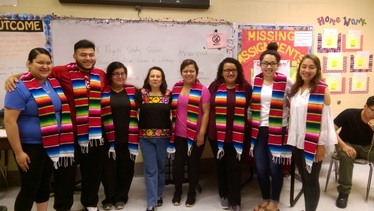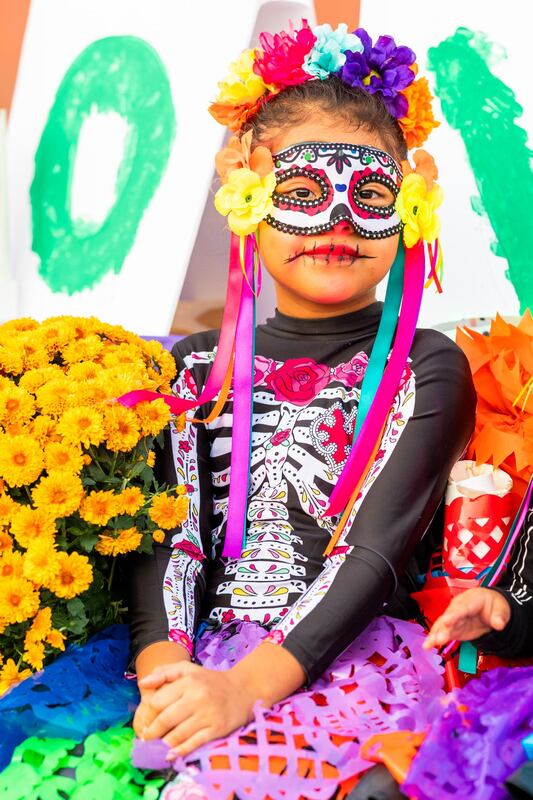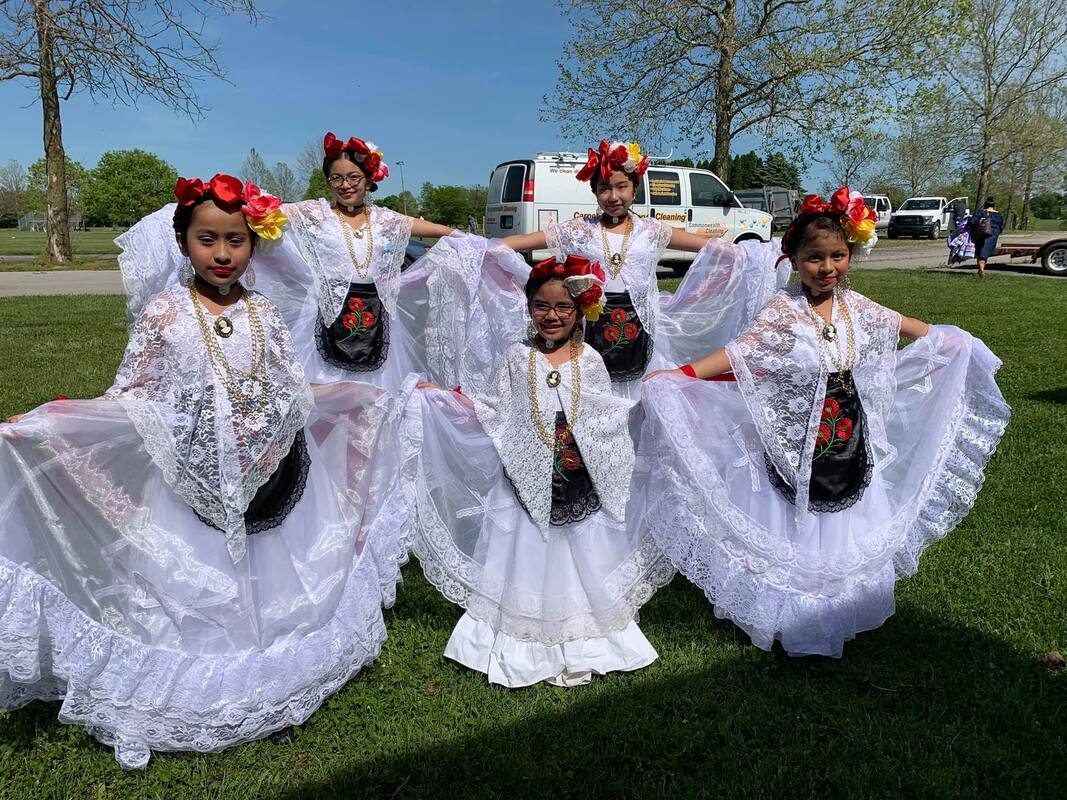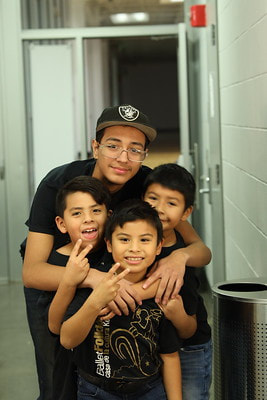|
Where are you from?
Isn’t that a question that people always ask, especially if a person looks different, even if that person is a second- or third-generation immigrant, born in United States? How does a US-born child whose parents are from another country respond to that question? Occasionally, and due to stigma and labels that our society still associates with ethnicity, some young people decide to renounce their cultural heritage in order to be accepted by their community. But that cultural heritage is a part of them and to deny it is to deny a part of what makes them who they are. Acknowledging the Whole Self Building Self-Esteem We know that it is crucial for children and youth to value and take pride in their ancestry and culture. We believe it is important that they know about their roots, which helps to create a sense of wholeness that builds self-esteem and nurtures pride in their heritage. This provides the foundation in which the individual can construct his/her identity. For immigrants, the task of keeping our native culture and traditions alive for our children is hard work, especially on our own. We created Casa de la Cultura Kentucky, to promote Latino culture and encourage the learning and use of the Spanish language through various educational and creative programs and activities. We want our young people to learn about Hispanic culture and heritage, so they know who they are and where they come from. Nuestra Misión
|
¿De dónde eres?
¿A caso no es esa una pregunta que la gente siempre hace? especialmente si esa persona tiene una apariencia diferente, aún si la persona es segunda o tercera generación de inmigrantes, nacido en los Estados Unidos.¿ Cómo contesta esta pregunta un niño nacido en los estados unidos cuyos padres son de otro país? Ocasionalmente, debido al estigma o etiquetas que nuestra sociedad todavía asocia con la etnicidad, algunos jóvenes deciden renunciar a su patrimonio cultural a fin de que sean aceptados por su comunidad. Pero ese patrimonio cultural es parte de ellos y al negarlo es negar parte de lo que los hace únicos. Aceptarse completamente a sí mismo; Crea mejor autoestima. Sabemos que es crucial que los niños y jóvenes le den valor y tomen orgullo de su cultura y su linaje. Nosotros creemos que es importante que sepan acerca de sus raíces, esto ayuda crear un sentido de integridad que crea una mejor autoestima y orgullo de su patrimonio. Esto proporciona la fundación en la que el individual puede construir su identidad. Para los inmigrantes, el esfuerzo de mantener nuestras tradiciones y cultura vivas como ejemplo para nuestros hijos es un trabajo duro, especialmente haciéndolo solos. Por esta razón hemos creado La Casa De la Cultura Hispana de Lexington, para promover la cultura Latina, estimular el aprendizaje y el uso del lenguaje español a través de varias actividades y programas educacionales y culturales. Queremos que nuestros jóvenes aprendan de la cultura y patrimonio Hispano, para que de esta manera sepan quienes son y de dónde vienen. |
- Home
- OUR BOARD/MIEMBROS DE MESA DIRECTIVA
- Sobre nosotros/About us
- Como contactarnos/Contact
- Our Goals/Nuestras Metas
- Que esta pasando en la casa?/ What its happening now at Casa?
- Nuestros Patrocinadores/ Our Funders
- Ballet Folklorico
- Mariachi Juvenil
- Talleres de artesanias y manualidades
- Artivism Camp
- Campamento de Ingles
- Spanish Boot Camp
- Festival Dia de las Madres
- Festival del Día de los Muertos
- Galas
- Gala Sponsorship
- Viva Mexico Festval




